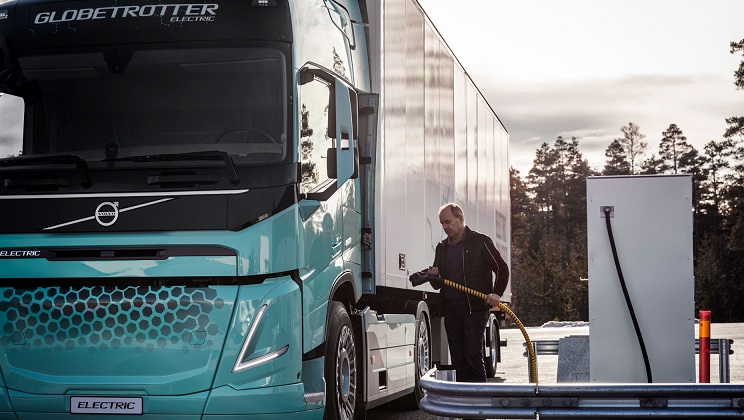This media had advanced in October that the European Commission would present in November the proposal to start dealing with the regulation that will ban the manufacture of heavy-duty vehicles with combustion engines.
In the end, this did not happen and the rule in force since 2019 remains in force, which, for the time being, will be reviewed at the end of the year or at the beginning of 2023. This is what Transport & Environment told Portal Movilidad.
This regulation will revise the end date for the production of goods vehicles, long-distance vehicles and internal combustion buses.
Why is the date delayed? «It is not currently known what the Commission’s proposal will be,» explains Carlos Bravo, Policy Expert at Transport & Environment.
The organization suggests that the most logical date for lorries would be 2035. In the first place, this would be logical from the point of view of the objectives set out by the European Union in the «Fit to 55» plan and from an economic point of view.
By 2030, the EU plan calls for a 55% reduction in CO2 emissions compared to the 1990s. In addition, they will have to respect the Green Deal‘s ambition to decarbonise.
The study carried out by T&E suggests that a lorry has a useful life of 15 years, which means that making the change from 2035 onwards will help to make the change in an orderly manner and comply with European objectives.
«The problem is that what the European Union will present will not be applied immediately, but rather an ordinary legislative process will begin in which the Parliament will have to take this proposal and make its amendments and vote,» says Bravo on the process that the regulation will go through.
He also recalls that it will also have to go through the Council of Ministers, where they will have to debate the regulation and then make a decision.
Another point to bear in mind is that this process will take place in the first half of 2023, after which it will have to wait for final approval to pass through the trialogues (three sessions are expected), which will be dealt with during the second half of the year.
«There is still a lot of uncertainty between the Commission and the Member States as to what date will be the end of these engines,» explains the Policy Expert.
Moreover, it will not be just one date, but T&E and other organizations are proposing three different dates: the aforementioned date for long-haul trucks, vocational trucks and buses.
Regarding vocational trucks, it is foreseen that they will be phased out in 2040. As they are vehicles for fire brigades and community services, the technology is not yet adapted and they are replaced in shorter periods.
For buses, the target is 2027. The argument is that the technology of electric vehicles – at least urban ones – is already adapted to the needs of the market and then this target could be met.




















